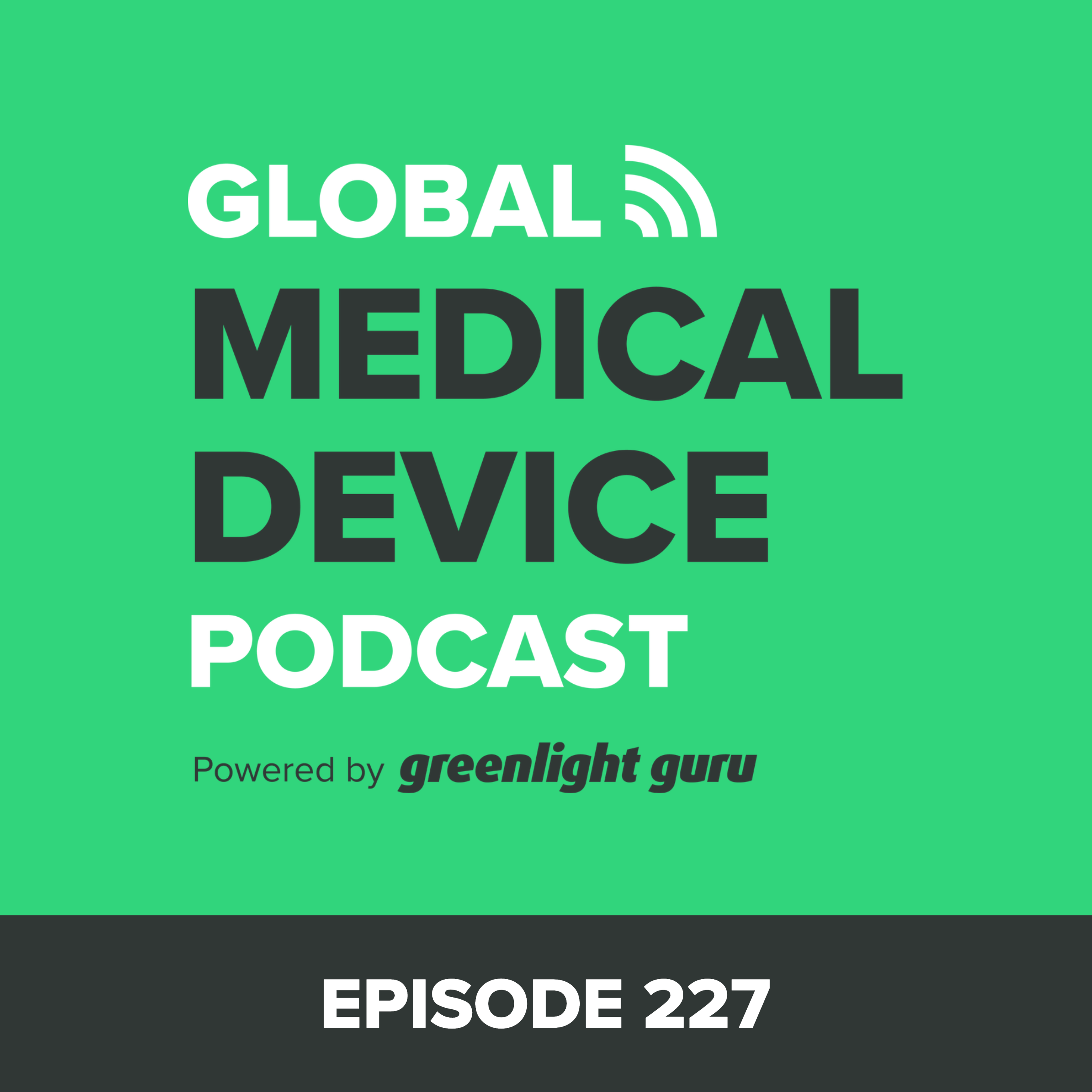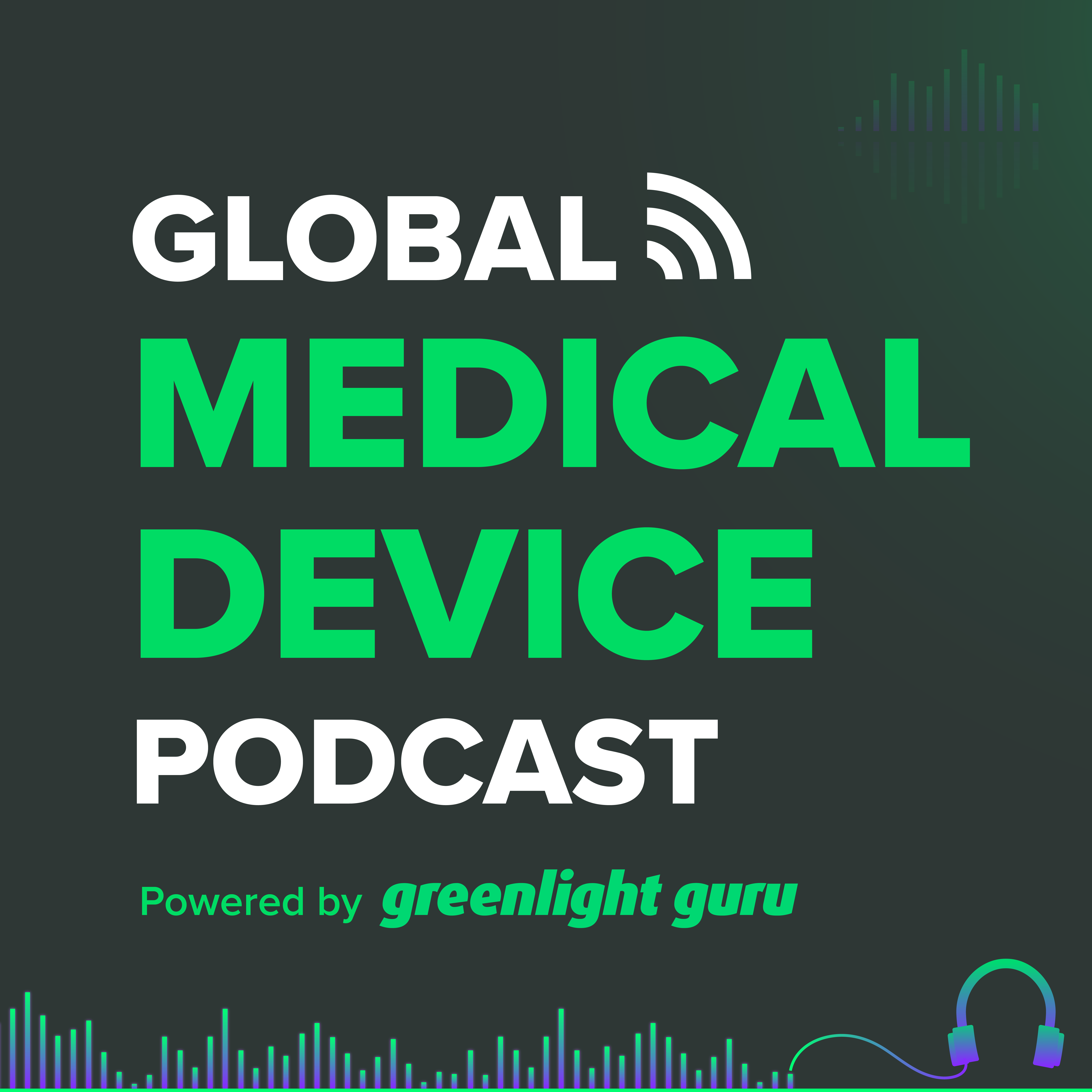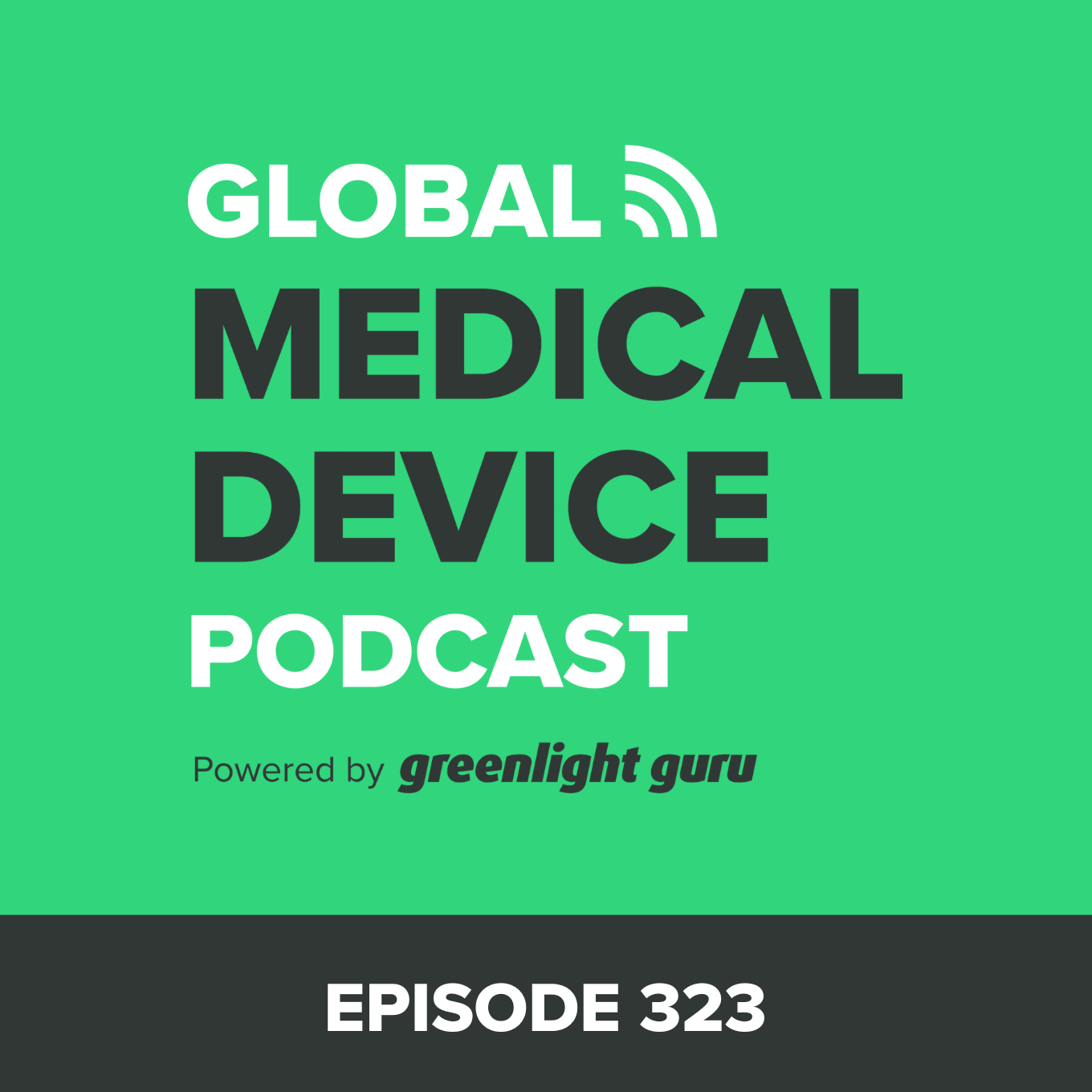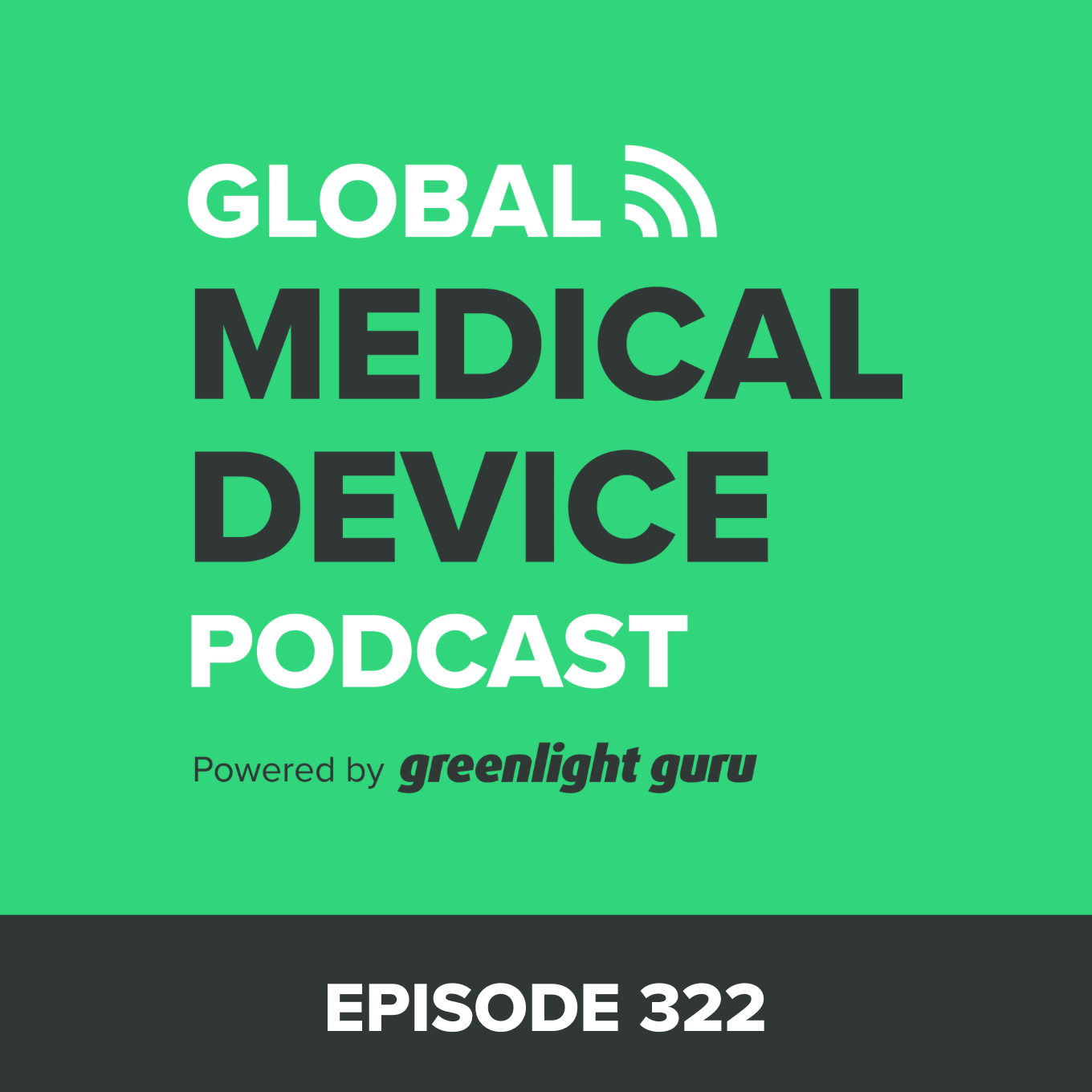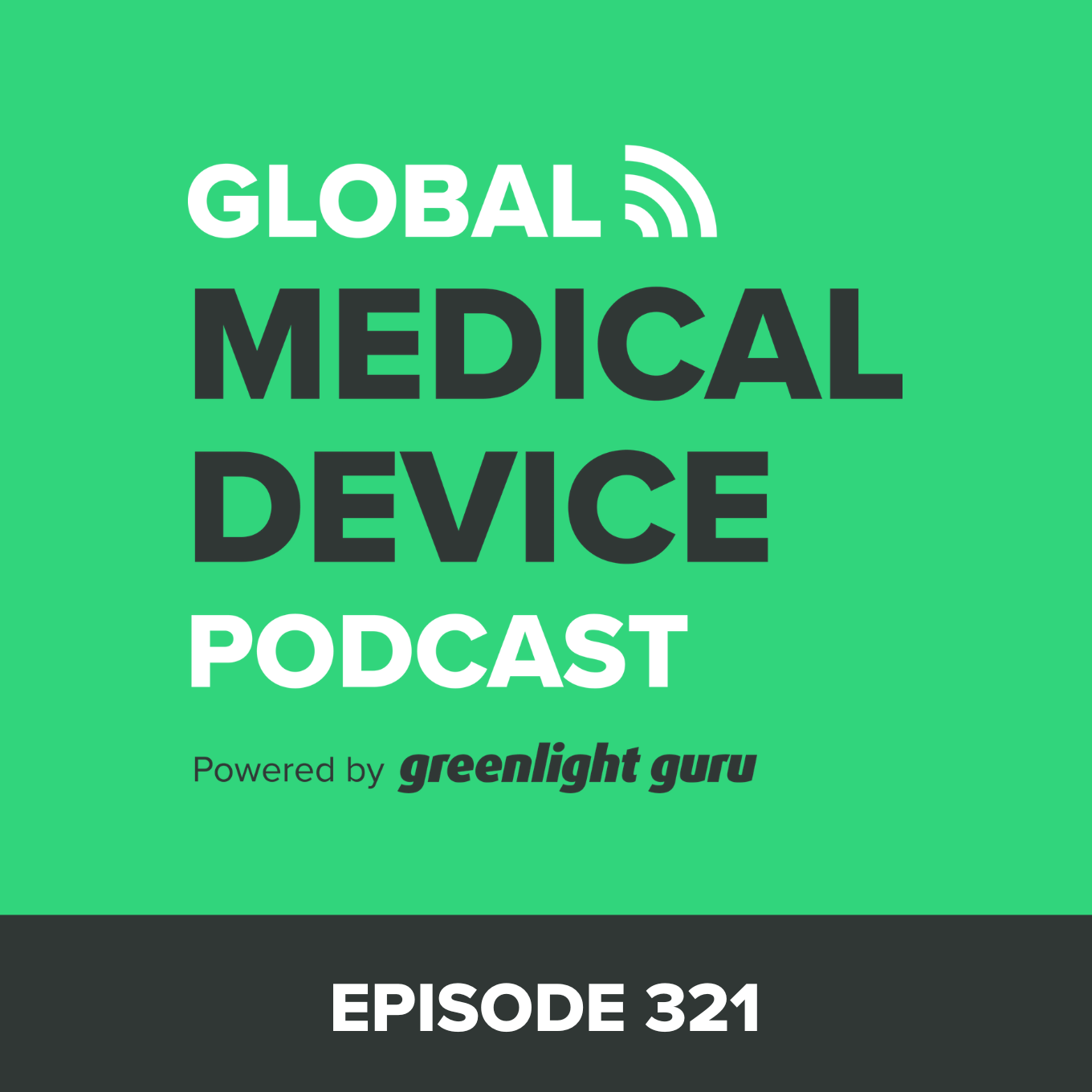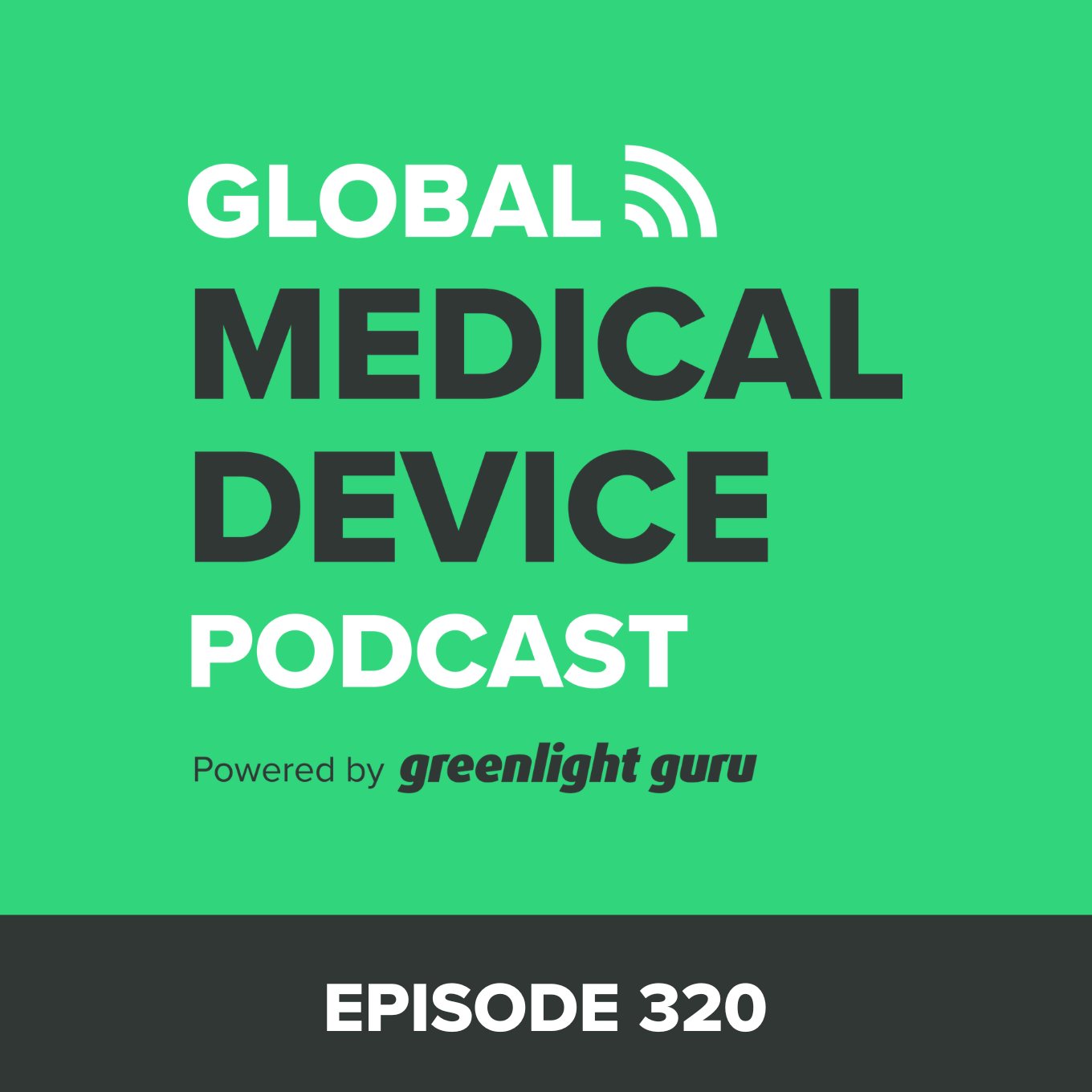Addressing the 'Who, What, When' of Quality in the Medical Device Industry
- 0.5
- 1
- 1.25
- 1.5
- 1.75
- 2
DESCRIPTION
There are many schools of thought when it comes to the 'who, what, and when' of quality management for medical devices.
In this episode of the Global Medical Device Podcast Jon Speer talks to Christie Johnson with Kasota Engineering, a consulting firm focused on quality in the medical device industry.
Listen to this episode as Jon and Christie offer their insights and guidance on medical device quality management best practices.
Some of the highlights of this episode include:
- Who manages quality? Most startups first hire someone with years of experience, but Christie encourages early firms to embrace the teach mentality. Christie enjoys training teams to build an understanding of quality from scratch.
- What is quality? Those with a willingness and capability to learn can be coached to know what a quality management system is and needs to include initially.
- Two Schools of Thought: Companies either view quality as, do it later when the time is right or that’s not my job. Quality is a way for companies to ensure safety and efficacy. Put your products and services at the center of your universe.
- Christie’s philosophy is to never do what traditional consultants in the industry do. She never just shows up, throws some documents down, and walks away.
- Which QMS to implement? The system that you should implement is the one that your team will use. Make it simple and fast. If your team cannot understand and readily use the tool, they’re not going to do it or follow the procedure/process.
- Delivering a QMS without providing step-by-step training can lose functionality. Start with baby steps into processes, especially for those without experience.
- What to include? You don’t need to comply with regulations right away. Put things in place - early data, suppliers - document/record what you’re doing during the research and discovery phase. Tell your story and take credit for your hard work.
- Why are you struggling? The reality is it takes longer than six months to one year to get your idea or product on the market. Trial knowledge can reduce risk.
Memorable quotes from Christie Johnson:
“If you can read and understand the regulation and if you can sit and work with me and help me understand your background and I can coach you, we can start putting in place your early quality system.”
“Our philosophy is very much to never do what traditional consultants in the industry do, which is show up, throw some documents down, and walk away.”
“The system that you should implement is the one that your team will use and make it easy.”
“It’s really easy to get lost or just ignore the quality system that’s in place, especially if you come into an organization that already has way more than they need.”
Links:
National Institutes of Health (NIH) - Rapid Acceleration of Diagnostics (RADx)
The Greenlight Guru True Quality Virtual Summit
MedTech True Quality Stories Podcast
